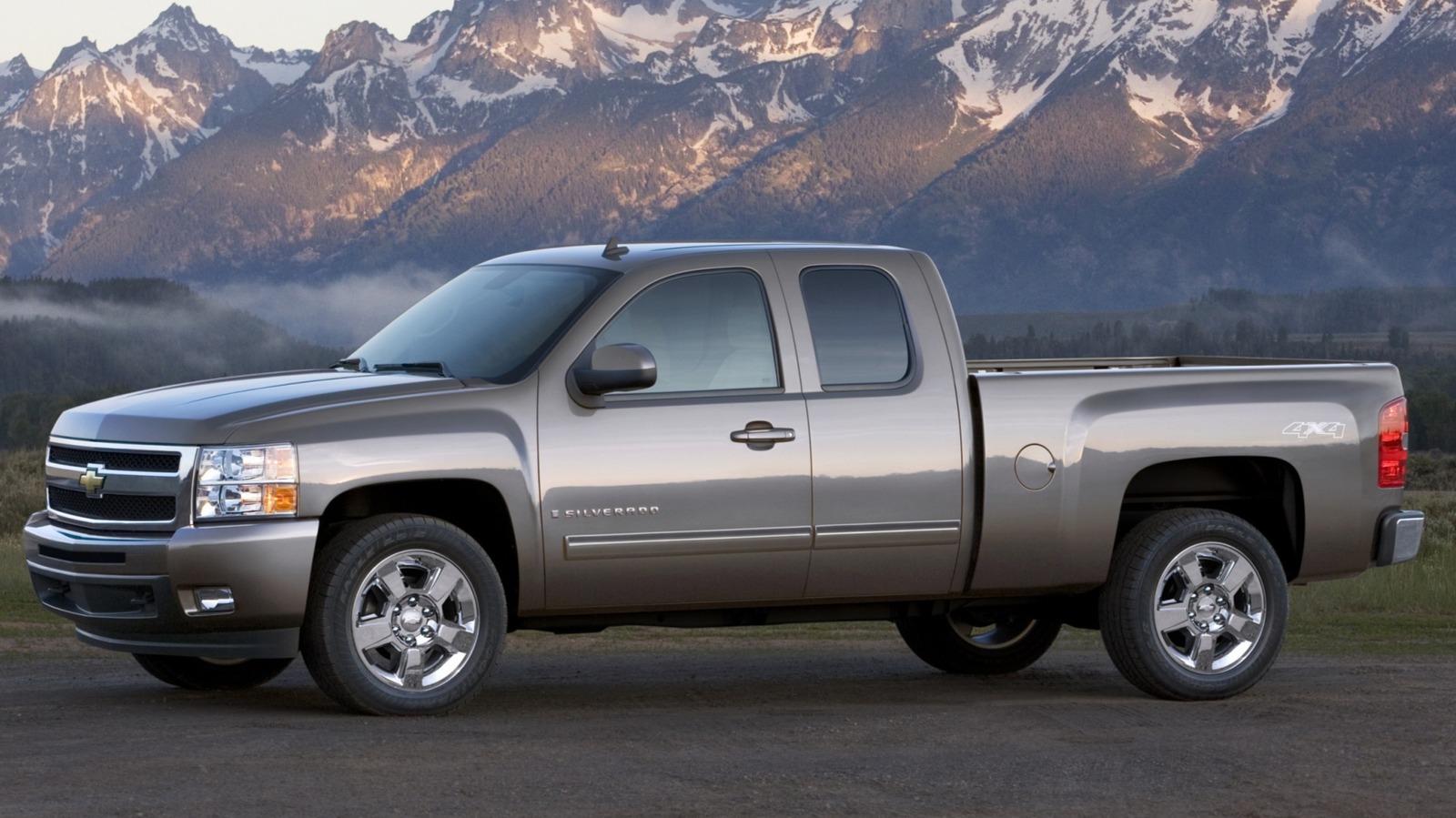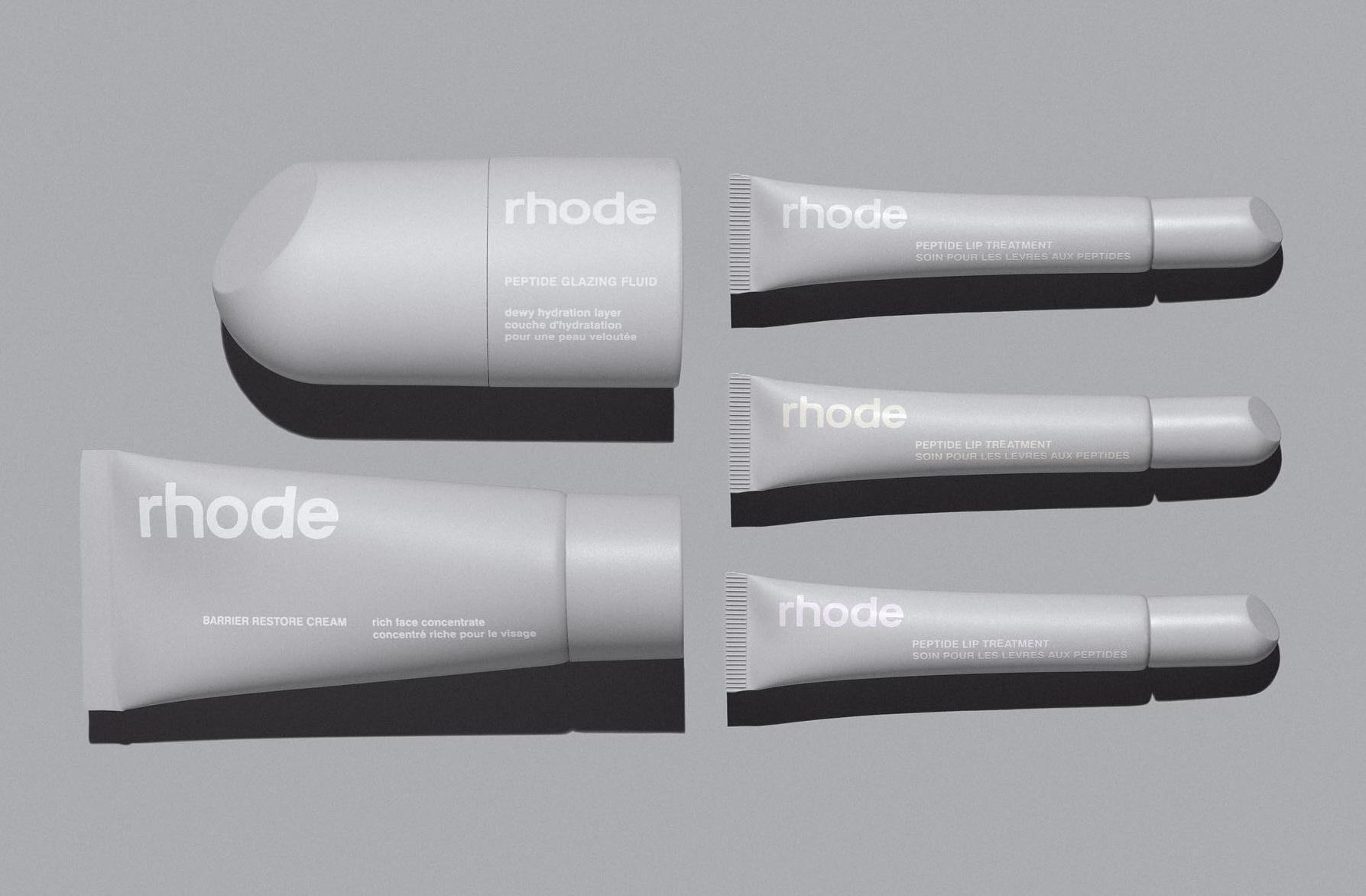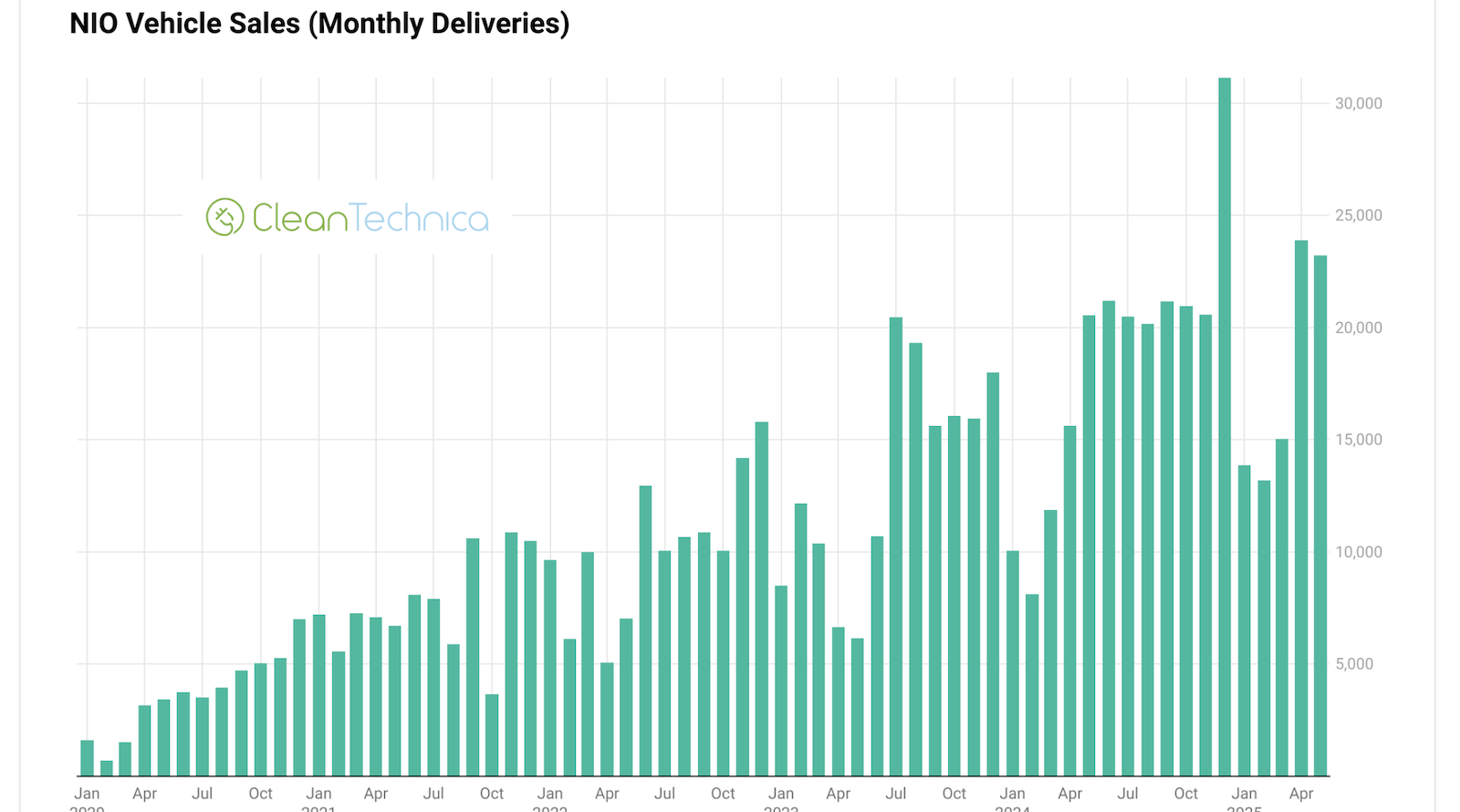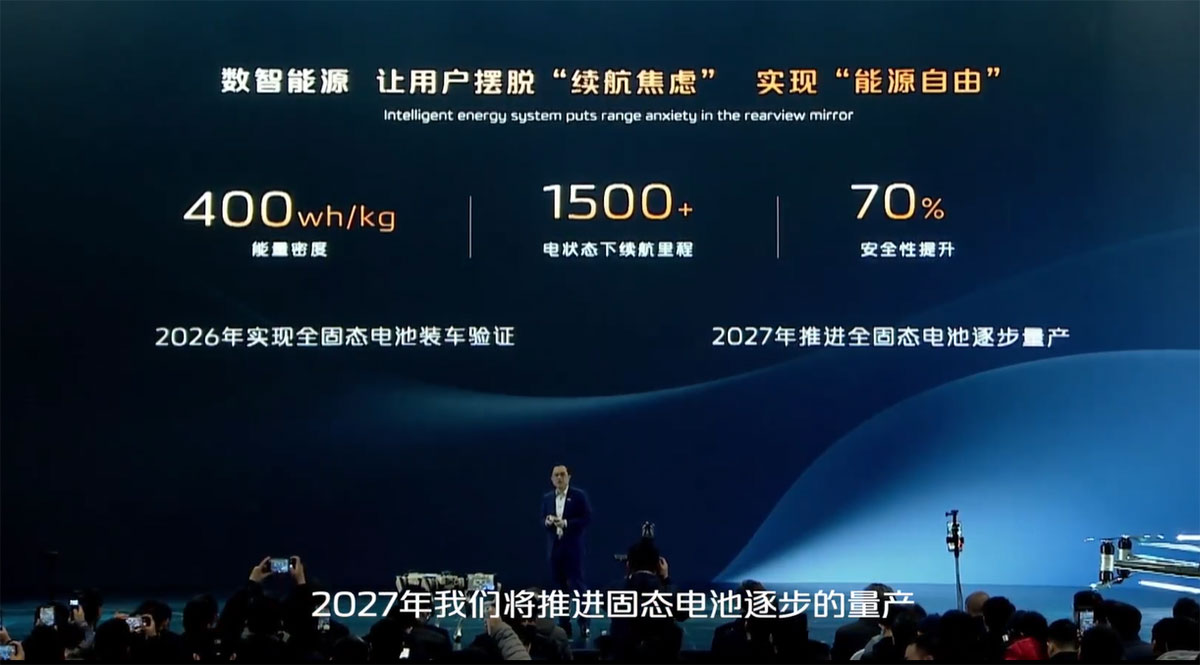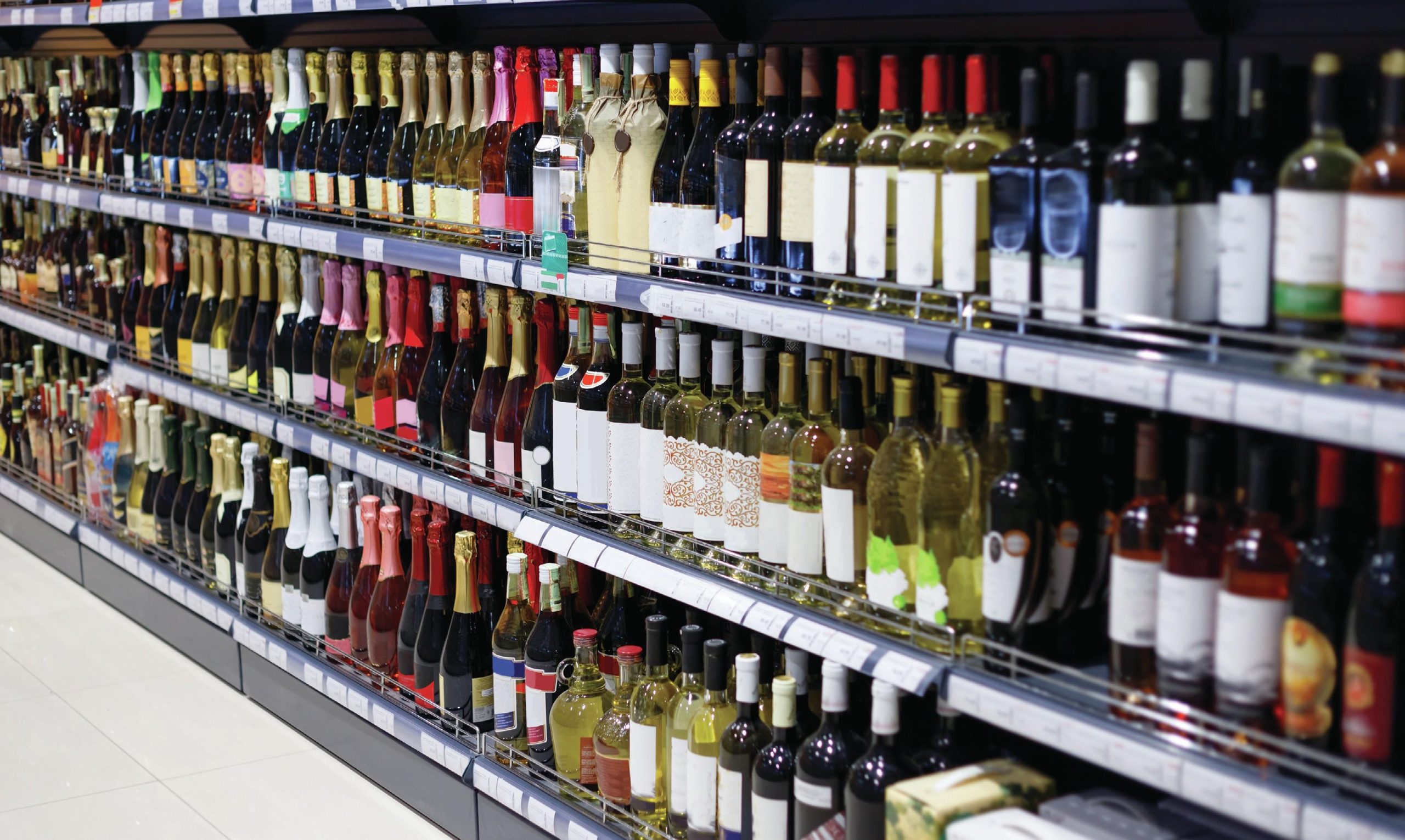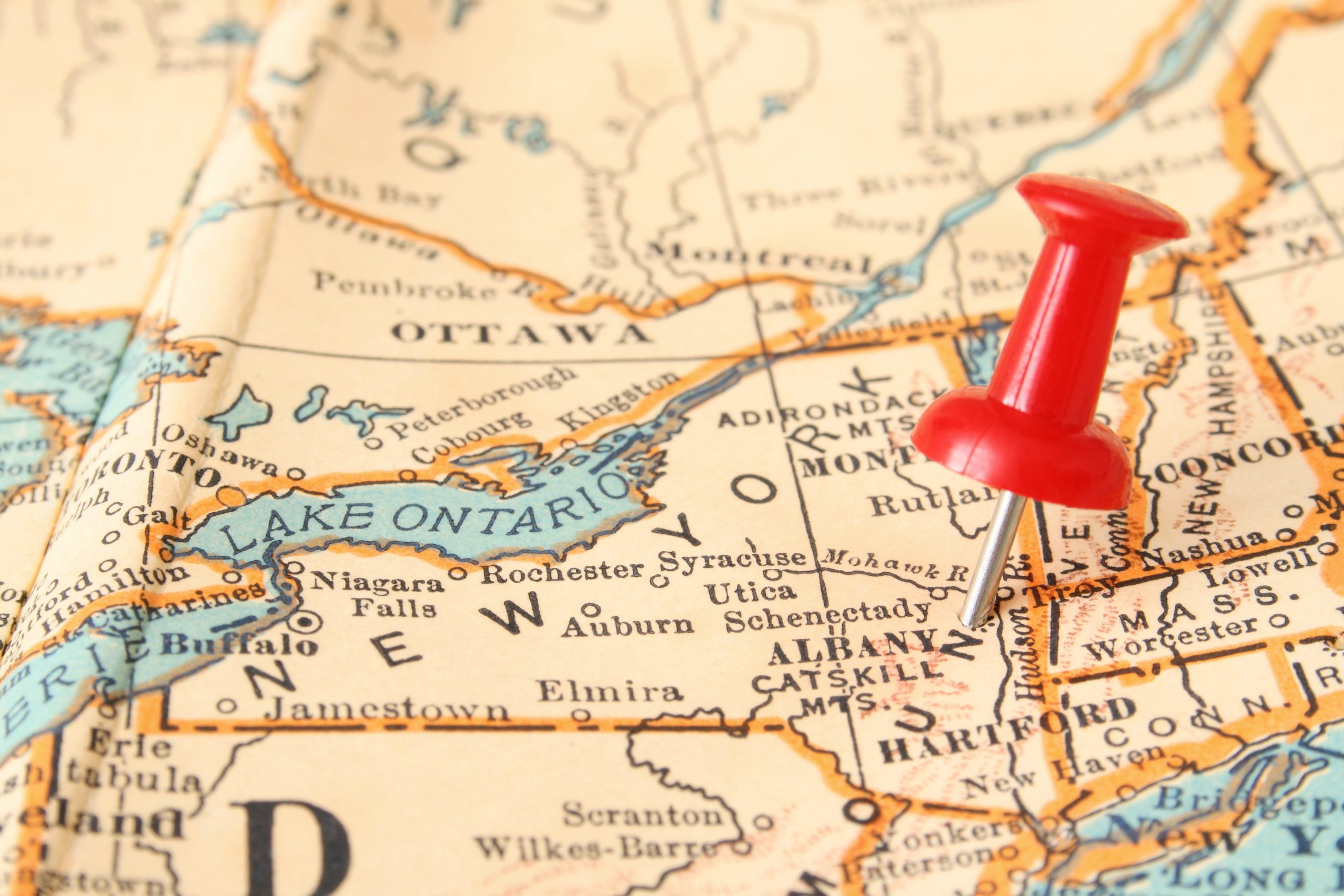Geopolitical tensions between America and Canada are starting to shake up the US craft beer sector, according to analysts.
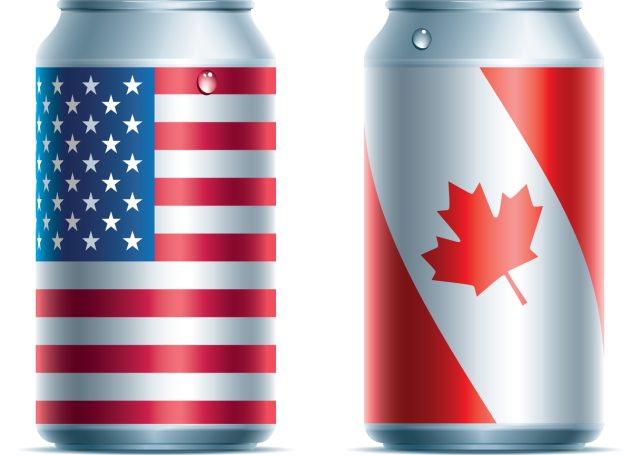
Tariffs on imported aluminum, steel, barley and malt are taking their toll on the US craft beer industry along with challenges such as rising costs already being navigated.
The US administration's imposition of tariffs have created significant challenges for the beer sector in the US,
GlobalData analysts have warned after highlighting how the impact is already threatening the viability of many small breweries across the country.
Historically, the US craft beer sector has experienced growth, evolving from a niche market to a substantial segment of the country's beverage industry. To illustrate this, over the past two decades, the number of craft breweries in the US has risen, with 9,680 operating by 2023 according to the Brewers Association (BA).
According to analysts, growth has primarily been fueled by a consumer shift towards locally-produced and unique beer offerings, which has allowed craft breweries to carve out a distinct identity in a market that had previously been dominated by large beer manufacturers.
However, the introduction of tariffs under this and previous administrations, falling consumer sentiment for alcoholic beverages amongst younger generations, and an increased threat from larger manufacturers have created a mature market, according to analysts at GlobalData.
Plus, the BA has outlined how times are changing. For instance, more craft breweries closed than opened in 2023 and 2024, illustrating how the sector has had to rapidly reshape itself as it hit issues head on.
The US beer industry generates US$471 billion in economic activity annually, according to research from the Beer Institute and the National Beer Wholesalers Association (NBWA), showing how crucial it has become to the country.
GlobalData consumer analyst William Gould explained: “The recent changes in US tariff policies have prompted a re-evaluation of the US craft beer industry's outlook. Increased costs associated with imported aluminum and steel have forced many breweries to either absorb these additional tariff expenses or pass them on to consumers, as many kegs are imported from Germany. As a leading member of the EU German sourced keg prices could go even higher with the US threatening 50% tariffs on all EU imports if the current round of US/EU tariff negotiations, which have been extended to 9th July, do not produce a satisfactory outcome.”
The current geopolitical turmoil is also influencing consumer behavior towards the origin of products. For instance, in GlobalData’s Q1 2025 consumer survey, the findings reveal how a notable portion of the US population, particularly older generations, are now increasingly attentive to where products are sourced, with 55% of Gen X and Boomers agreeing that political events have made them more conscious of the country of origin of the products they purchase.
The same survey also highlighted the polarisation caused by the current geopolitical tensions between the US and Canada and reflected that in Canada, 85% of Boomers and 71% of Gen X consumers had confirmed they were also now paying more attention to the country of origin of products they are buying. One roll-out from this trend that is evident is how these umbrages have driven many Canadians to stop purchasing American products, and some stores to stop stocking them altogether, fearing consumer boycotts on US products and wasted stock.
Now for the knock-on effect upon the US craft beer industry’s gameplan. As consumers become more discerning about product origins, beer brand owners are wising-up to the fact that if they can effectively communicate their sourcing and do all they can to align with consumer values then they are more likely to gain a competitive advantage.
Craft breweries, in particular, are now seeing a benefit from emphasising their local roots and commitment to quality, as consumers increasingly seek authenticity in their buying decisions. Already savvy to this are the big beer companies which recently saw a selection of
AB InBev brands making plans to feature a label that identifies the beer’s ingredients having been ‘US farmed’.
As such, this trend underscores the importance of transparency and storytelling in drinks branding, as consumers are not only looking for quality products but also for brands that resonate with their values and beliefs. Meanwhile,
db recently noted
the importance of craft brewers remaining transparant about their products and supply chains and brewing operations after it was highlighted how many remain vague on the topic.
Insisting that this was of great importance, Gould warned: “The US craft beer industry is at a critical juncture, facing the dual challenges of rising production costs due to tariffs and shifting consumer preferences towards product origin. The historical growth of the craft beer sector has been remarkable, but the current landscape necessitates strategic adaptations to navigate these challenges effectively. Brands must be proactive in understanding the implications of political and economic changes while also aligning their messaging with evolving consumer values.”
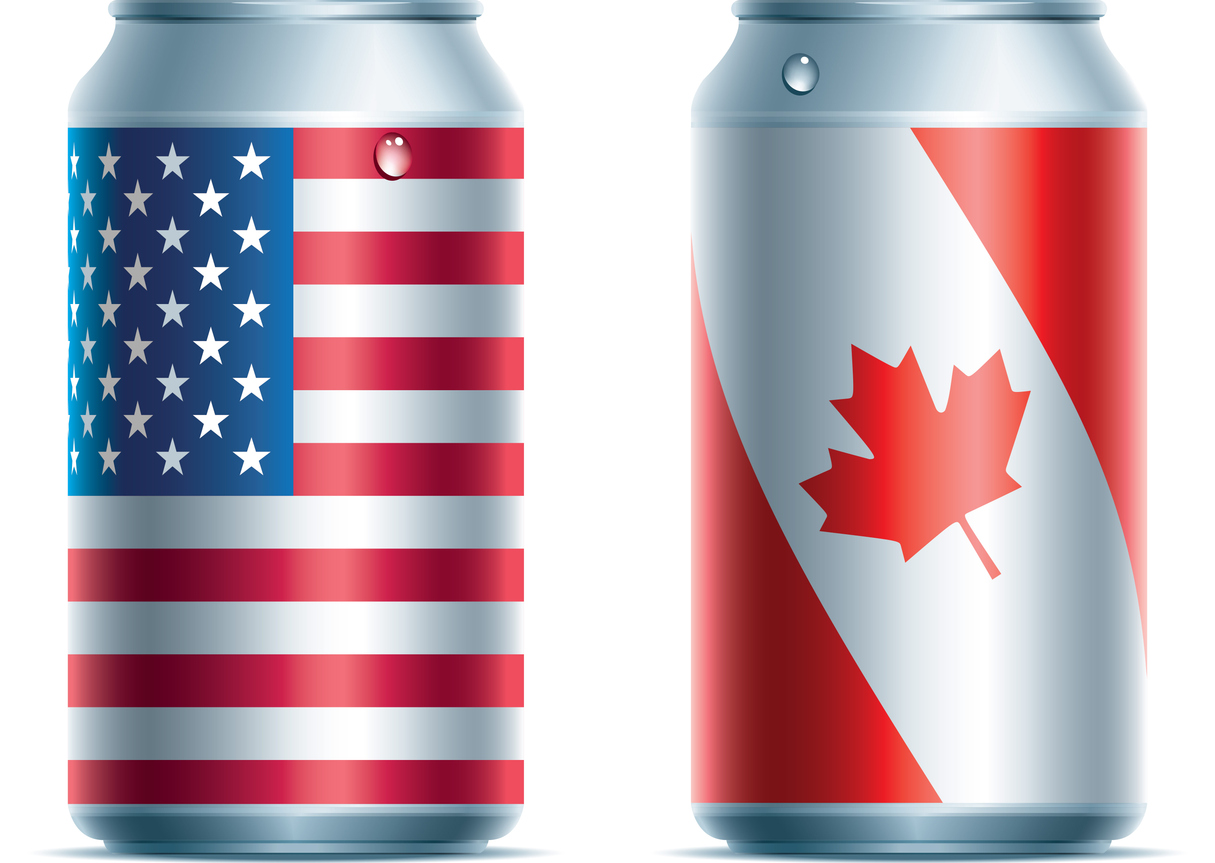
 Tariffs on imported aluminum, steel, barley and malt are taking their toll on the US craft beer industry along with challenges such as rising costs already being navigated.
The US administration's imposition of tariffs have created significant challenges for the beer sector in the US, GlobalData analysts have warned after highlighting how the impact is already threatening the viability of many small breweries across the country.
Historically, the US craft beer sector has experienced growth, evolving from a niche market to a substantial segment of the country's beverage industry. To illustrate this, over the past two decades, the number of craft breweries in the US has risen, with 9,680 operating by 2023 according to the Brewers Association (BA).
According to analysts, growth has primarily been fueled by a consumer shift towards locally-produced and unique beer offerings, which has allowed craft breweries to carve out a distinct identity in a market that had previously been dominated by large beer manufacturers.
However, the introduction of tariffs under this and previous administrations, falling consumer sentiment for alcoholic beverages amongst younger generations, and an increased threat from larger manufacturers have created a mature market, according to analysts at GlobalData.
Plus, the BA has outlined how times are changing. For instance, more craft breweries closed than opened in 2023 and 2024, illustrating how the sector has had to rapidly reshape itself as it hit issues head on.
The US beer industry generates US$471 billion in economic activity annually, according to research from the Beer Institute and the National Beer Wholesalers Association (NBWA), showing how crucial it has become to the country.
GlobalData consumer analyst William Gould explained: “The recent changes in US tariff policies have prompted a re-evaluation of the US craft beer industry's outlook. Increased costs associated with imported aluminum and steel have forced many breweries to either absorb these additional tariff expenses or pass them on to consumers, as many kegs are imported from Germany. As a leading member of the EU German sourced keg prices could go even higher with the US threatening 50% tariffs on all EU imports if the current round of US/EU tariff negotiations, which have been extended to 9th July, do not produce a satisfactory outcome.”
The current geopolitical turmoil is also influencing consumer behavior towards the origin of products. For instance, in GlobalData’s Q1 2025 consumer survey, the findings reveal how a notable portion of the US population, particularly older generations, are now increasingly attentive to where products are sourced, with 55% of Gen X and Boomers agreeing that political events have made them more conscious of the country of origin of the products they purchase.
The same survey also highlighted the polarisation caused by the current geopolitical tensions between the US and Canada and reflected that in Canada, 85% of Boomers and 71% of Gen X consumers had confirmed they were also now paying more attention to the country of origin of products they are buying. One roll-out from this trend that is evident is how these umbrages have driven many Canadians to stop purchasing American products, and some stores to stop stocking them altogether, fearing consumer boycotts on US products and wasted stock.
Now for the knock-on effect upon the US craft beer industry’s gameplan. As consumers become more discerning about product origins, beer brand owners are wising-up to the fact that if they can effectively communicate their sourcing and do all they can to align with consumer values then they are more likely to gain a competitive advantage.
Craft breweries, in particular, are now seeing a benefit from emphasising their local roots and commitment to quality, as consumers increasingly seek authenticity in their buying decisions. Already savvy to this are the big beer companies which recently saw a selection of AB InBev brands making plans to feature a label that identifies the beer’s ingredients having been ‘US farmed’.
As such, this trend underscores the importance of transparency and storytelling in drinks branding, as consumers are not only looking for quality products but also for brands that resonate with their values and beliefs. Meanwhile, db recently noted the importance of craft brewers remaining transparant about their products and supply chains and brewing operations after it was highlighted how many remain vague on the topic.
Insisting that this was of great importance, Gould warned: “The US craft beer industry is at a critical juncture, facing the dual challenges of rising production costs due to tariffs and shifting consumer preferences towards product origin. The historical growth of the craft beer sector has been remarkable, but the current landscape necessitates strategic adaptations to navigate these challenges effectively. Brands must be proactive in understanding the implications of political and economic changes while also aligning their messaging with evolving consumer values.”
Tariffs on imported aluminum, steel, barley and malt are taking their toll on the US craft beer industry along with challenges such as rising costs already being navigated.
The US administration's imposition of tariffs have created significant challenges for the beer sector in the US, GlobalData analysts have warned after highlighting how the impact is already threatening the viability of many small breweries across the country.
Historically, the US craft beer sector has experienced growth, evolving from a niche market to a substantial segment of the country's beverage industry. To illustrate this, over the past two decades, the number of craft breweries in the US has risen, with 9,680 operating by 2023 according to the Brewers Association (BA).
According to analysts, growth has primarily been fueled by a consumer shift towards locally-produced and unique beer offerings, which has allowed craft breweries to carve out a distinct identity in a market that had previously been dominated by large beer manufacturers.
However, the introduction of tariffs under this and previous administrations, falling consumer sentiment for alcoholic beverages amongst younger generations, and an increased threat from larger manufacturers have created a mature market, according to analysts at GlobalData.
Plus, the BA has outlined how times are changing. For instance, more craft breweries closed than opened in 2023 and 2024, illustrating how the sector has had to rapidly reshape itself as it hit issues head on.
The US beer industry generates US$471 billion in economic activity annually, according to research from the Beer Institute and the National Beer Wholesalers Association (NBWA), showing how crucial it has become to the country.
GlobalData consumer analyst William Gould explained: “The recent changes in US tariff policies have prompted a re-evaluation of the US craft beer industry's outlook. Increased costs associated with imported aluminum and steel have forced many breweries to either absorb these additional tariff expenses or pass them on to consumers, as many kegs are imported from Germany. As a leading member of the EU German sourced keg prices could go even higher with the US threatening 50% tariffs on all EU imports if the current round of US/EU tariff negotiations, which have been extended to 9th July, do not produce a satisfactory outcome.”
The current geopolitical turmoil is also influencing consumer behavior towards the origin of products. For instance, in GlobalData’s Q1 2025 consumer survey, the findings reveal how a notable portion of the US population, particularly older generations, are now increasingly attentive to where products are sourced, with 55% of Gen X and Boomers agreeing that political events have made them more conscious of the country of origin of the products they purchase.
The same survey also highlighted the polarisation caused by the current geopolitical tensions between the US and Canada and reflected that in Canada, 85% of Boomers and 71% of Gen X consumers had confirmed they were also now paying more attention to the country of origin of products they are buying. One roll-out from this trend that is evident is how these umbrages have driven many Canadians to stop purchasing American products, and some stores to stop stocking them altogether, fearing consumer boycotts on US products and wasted stock.
Now for the knock-on effect upon the US craft beer industry’s gameplan. As consumers become more discerning about product origins, beer brand owners are wising-up to the fact that if they can effectively communicate their sourcing and do all they can to align with consumer values then they are more likely to gain a competitive advantage.
Craft breweries, in particular, are now seeing a benefit from emphasising their local roots and commitment to quality, as consumers increasingly seek authenticity in their buying decisions. Already savvy to this are the big beer companies which recently saw a selection of AB InBev brands making plans to feature a label that identifies the beer’s ingredients having been ‘US farmed’.
As such, this trend underscores the importance of transparency and storytelling in drinks branding, as consumers are not only looking for quality products but also for brands that resonate with their values and beliefs. Meanwhile, db recently noted the importance of craft brewers remaining transparant about their products and supply chains and brewing operations after it was highlighted how many remain vague on the topic.
Insisting that this was of great importance, Gould warned: “The US craft beer industry is at a critical juncture, facing the dual challenges of rising production costs due to tariffs and shifting consumer preferences towards product origin. The historical growth of the craft beer sector has been remarkable, but the current landscape necessitates strategic adaptations to navigate these challenges effectively. Brands must be proactive in understanding the implications of political and economic changes while also aligning their messaging with evolving consumer values.” 


























